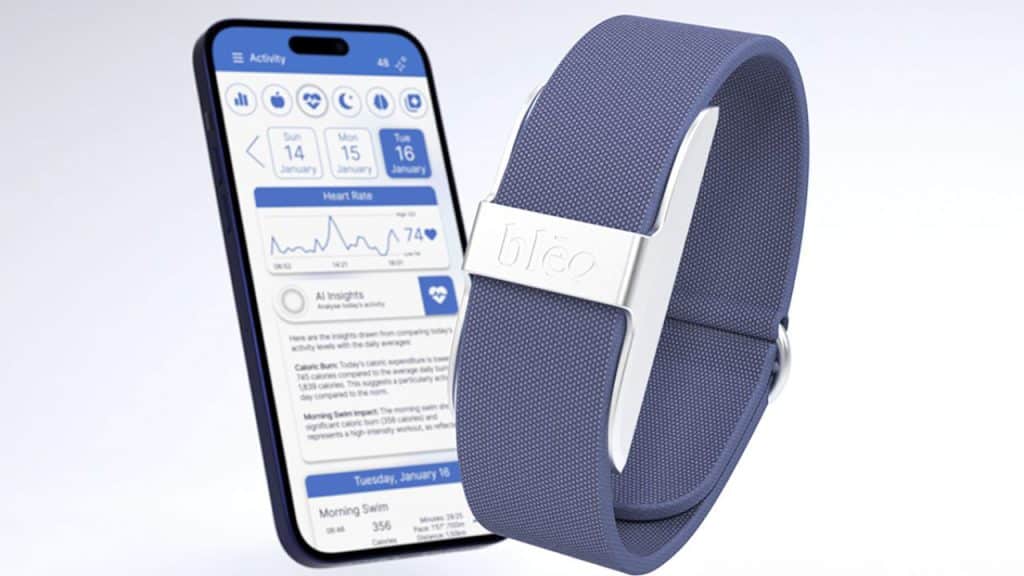One of the frequent criticisms of the longevity industry and its never-ending parade of fancy new tech is that it prices many people out of its benefits. Yes, it’s expensive developing groundbreaking discoveries and companies need to recoup those costs, but the people who most need help are often those who can’t afford it. That’s why one company’s decision to make its AI-powered health tracker free is a big deal (https://longevity.technology/news/new-wearable-aims-to-give-free-longevity-ai-coaching-to-millions/).
To be more precise, millions of its health monitors, which it calls bleo, will be given out as gifts to various partners, such as health influencers, for distribution. The bleo comes with an AI coach to give you personalized advice, and that coach will also be free to use for the rest of your life. No upfront costs and no long-term subscription. It almost sounds too good to be true.
According to Richard Skaife, CEO of Longr, the company behind this idea, it’s because making longevity more accessible is one of their core principles. Plus, he thinks it will still be to the company’s benefit in the long run. It will allow them to collect and analyze user data for future research, and it could encourage consumers to purchase other Longr products.
Bleo is a wearable device that, like many similar pieces of tech, uses a wide variety of sensors to track a host of different biomarkers. It can monitor your heart rate, blood oxygen levels, blood pressure, skin temperature and even your menstrual cycles. Both your sleep and your activity patterns will be analyzed.
Of course, gathering all that information is useless unless you know what it means and can adjust your behavior accordingly. The Longevity AI is Longr’s large language model. It’s like having your own personal coach, able to suggest changes to your diet, exercise patterns and sleep habits, in addition to recommending potential supplements you may want to try. It doesn’t just base its recommendations on questionnaires, like a human coach would, but on the data it directly collects. You can also ask it your own questions about your personal concerns.
Longr will start shipping the devices in May 2024 to Americans, but has plans to expand into Europe and beyond. If its free distribution model proves effective, it could lead to wider changes in the industry.




